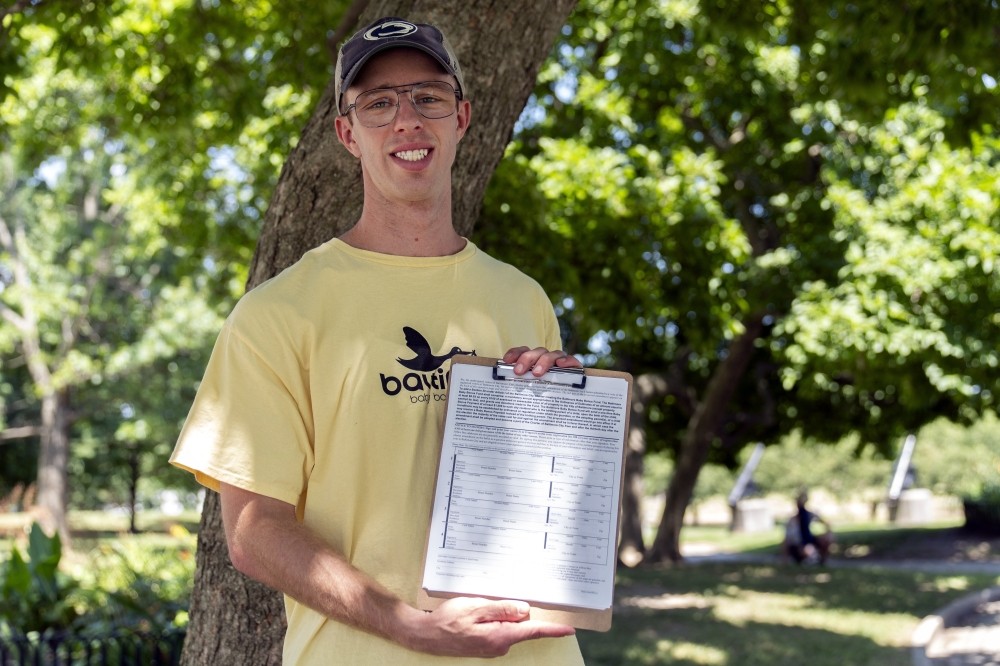08/07/2024
08/07/2024

BALTIMORE, July 8, (AP): A group of Baltimore teachers is asking voters to approve a program that would give $1,000 to new parents in the hopes of reducing childhood poverty starting from birth.
The "baby bonus” will appear on the ballot for city residents in November, after supporters secured the necessary 10,000 signatures to bring the question to voters. Their recent campaign relied on extensive canvassing efforts and a cute logo: a flying cartoon stork with a bag of money in its beak.
The proposal is loosely modeled on a program implemented this year in Flint, Michigan, where women receive $1,500 during mid-pregnancy and $500 per month for the first year after giving birth. Officials said the Flint program was the first of its kind in the US.
Countries in Europe and Asia have experimented with larger cash payments, but those programs are meant to encourage more people to have more kids, not address child poverty. Italy, which has one of the world’s lowest birth rates, provides baby bonus checks and other benefits aimed at increasing the population.
Organizers behind the Baltimore campaign say more systemic change is needed on a national level to help lift families out of poverty, but giving new parents a modest financial boost could prove an important first step.
"If we’re going to spend a limited amount of money, where do you get the most bang for your buck? Research says at birth,” said Nate Golden, a high school math teacher who helped found the Maryland Child Alliance, which is pushing for the ballot initiative. "This could literally have a lifelong impact on a kid.”
Golden said he also hopes the program will demonstrate to elected leaders in Baltimore and beyond that there’s a real appetite among voters for implementing policies that help vulnerable children succeed.
The issue is particularly urgent in Baltimore, where an estimated 31% of school-aged children are experiencing poverty, according to census data. Nationally, childhood poverty fell during the pandemic thanks to federal relief programs, but it has since climbed again to about 12% in 2022.


